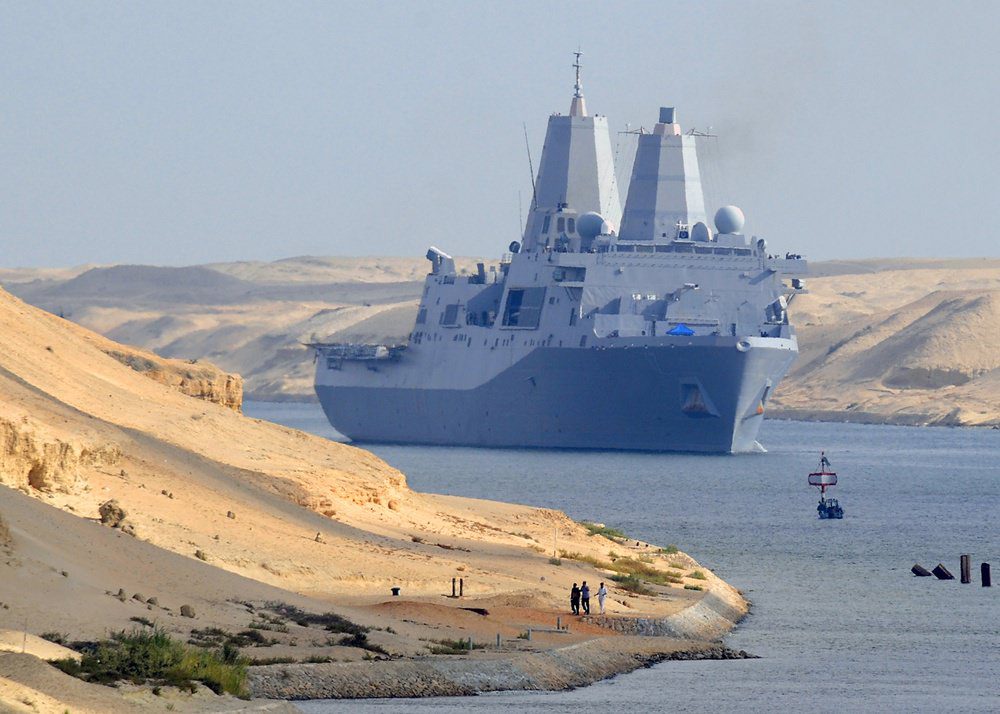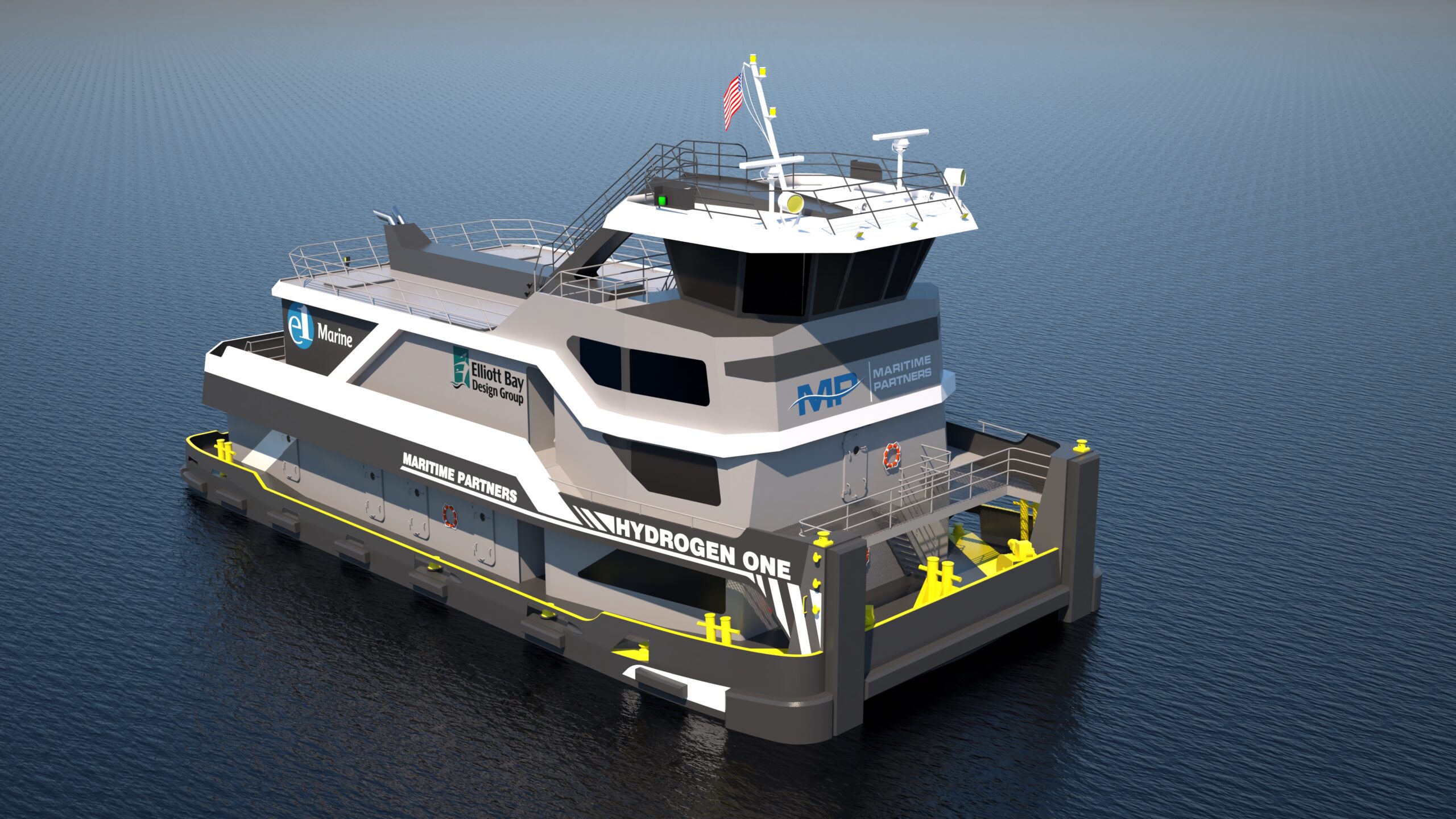By Anna Shiryaevskaya (Bloomberg) A liquefied natural gas vessel left an export terminal in Egypt either unloaded or only partially loaded, raising concerns that the Israel-Hamas war may disrupt supplies to global markets.
The Seapeak Catalunya departed for Algeria — another LNG exporting nation — after spending two days at the Idku plant in Egypt, ship-tracking data compiled by Bloomberg show. That suggests the vessel either didn’t load, or only picked up limited volumes.
LNG exports from Egypt are being scrutinized as the war nearby rages. Israel’s piped-gas flows to Egypt fell after the country’s giant Tamar field was shut Oct. 9. The shortfall — and any further disruptions — may affect Egypt’s ability to meet domestic demand and ramp up LNG exports after a halt in the summer.
“Although Israel has surplus gas production, which currently supports Egypt and Jordan’s growing demand, a continued or escalated conflict would have wide-ranging implications,” Rystad Energy AS said in a note. The war “poses a serious threat to the regional natural gas market and could have knock-on effects on Europe’s liquefied natural gas supply as winter approaches.”
Also Read: Evergreen Declares Force Majeure on Israeli-Bound Shipment
Egypt has exported just two LNG cargoes this month, one to Belgium and the other to Italy, ship-tracking data show. The nation met about 4% of Europe’s LNG import demand in 2022 and about 2% so far this year.
“The impact of the current situation on the domestic, regional and international gas balance will ultimately depend on its duration,” researchers at the Bruegel think tank said. “In a very tight global LNG market, the prospect of losing the relatively small Egyptian supplies at the beginning of winter has created upward pressure on gas prices across Europe and Asia.”
Also Read: US Navy Destroyer Intercepts Missiles and Drones Off Yemen
Benchmark European gas futures traded up 2.3% as of 9:51 a.m. in Amsterdam.
The Seapeak Catalunya is expected to load in Algeria on Friday, ship-tracking data show.
Any escalation of the conflict in the region could further disrupt Israeli gas projects, Bruegel said. A wider war, especially one involving Iran, may also pose security risks for LNG tankers loaded in Qatar, which pass through the Strait of Hormuz, it said.
By Anna Shiryaevskaya © 2023 Bloomberg L.P.

 Join The Club
Join The Club











